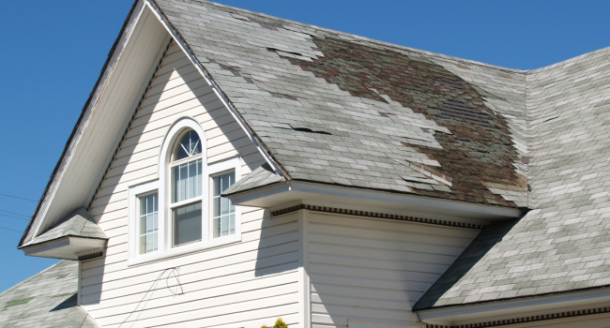Home Repairs: DIY or Call a Professional?

Many home repairs and improvement projects are simple enough for nonprofessionals, but others require the expertise and specialized tools of a hired contractor. While taking the DIY route may seem like a cost-saving option, a botched repair can end up being more expensive in the long run. Here’s a guide to help you decide when to tackle the project yourself and when to hire a professional.
Painting: A Simple DIY Task
Painting walls is one of the easiest DIY projects you can handle. With a steady hand and some preparation, almost anyone can paint their walls. Be sure to fill holes with spackling paste and protect edges with masking tape before you start. For smaller touch-ups, this is an ideal DIY job!
Floor Upgrades: DIY for Minor Repairs, Professional for Major Projects
Repairing and cleaning wood or vinyl floors can often be done on your own. For vinyl seams, use adhesive, and a brown crayon can help fill scratches in wood. However, if you’re looking to install hardwood floors or restore floors damaged by flooding or fire, it’s best to hire a professional.
Electrical Repairs: When to DIY, When to Call an Expert
Simple tasks like replacing incandescent bulbs with CFLs or LEDs, or installing outlet covers and switch plates, are easy DIY fixes. But for anything beyond that—like installing heavy fixtures, adding power outlets, or rewiring—it’s crucial to call a professional. Electrical work can be dangerous and costly if not done correctly.
Plumbing Work: DIY for Small Fixes, Pro Help for Big Jobs
Homeowners can handle basic plumbing tasks like replacing faucet washers, unclogging drains, or installing new showerheads. However, for major plumbing work such as installing or moving pipes and fixtures, a professional is necessary to avoid water damage and costly repairs.
Installing Tile: DIY for Small Jobs, Professionals for Large Projects
If you have the right tools, installing a backsplash or replacing cracked tiles is a manageable DIY project. But for large floors or walls, or if you suspect water damage or mold behind your tiles, it’s best to hire a contractor—or a restoration expert if mold or water damage is involved.
Conclusion: Plan Ahead and Know Your Limits
Before starting a DIY project, consider the tools you need and whether you already have them. Renting tools or hiring a contractor who owns them can save you money. Also, assess your skills and weaknesses to make sure you’re choosing the right project for your expertise.
If your home faces damage from water, fire, smoke, or mold, don’t hesitate to contact the experts at 𝐏𝐮𝐫𝐨𝐂𝐥𝐞𝐚𝐧 𝐑𝐞𝐬𝐭𝐨𝐫𝐚𝐭𝐢𝐨𝐧 𝐑𝐢𝐜𝐡𝐦𝐨𝐧𝐝 𝐁𝐂. We are available 24/7 to provide the professional help you need to restore your home.



